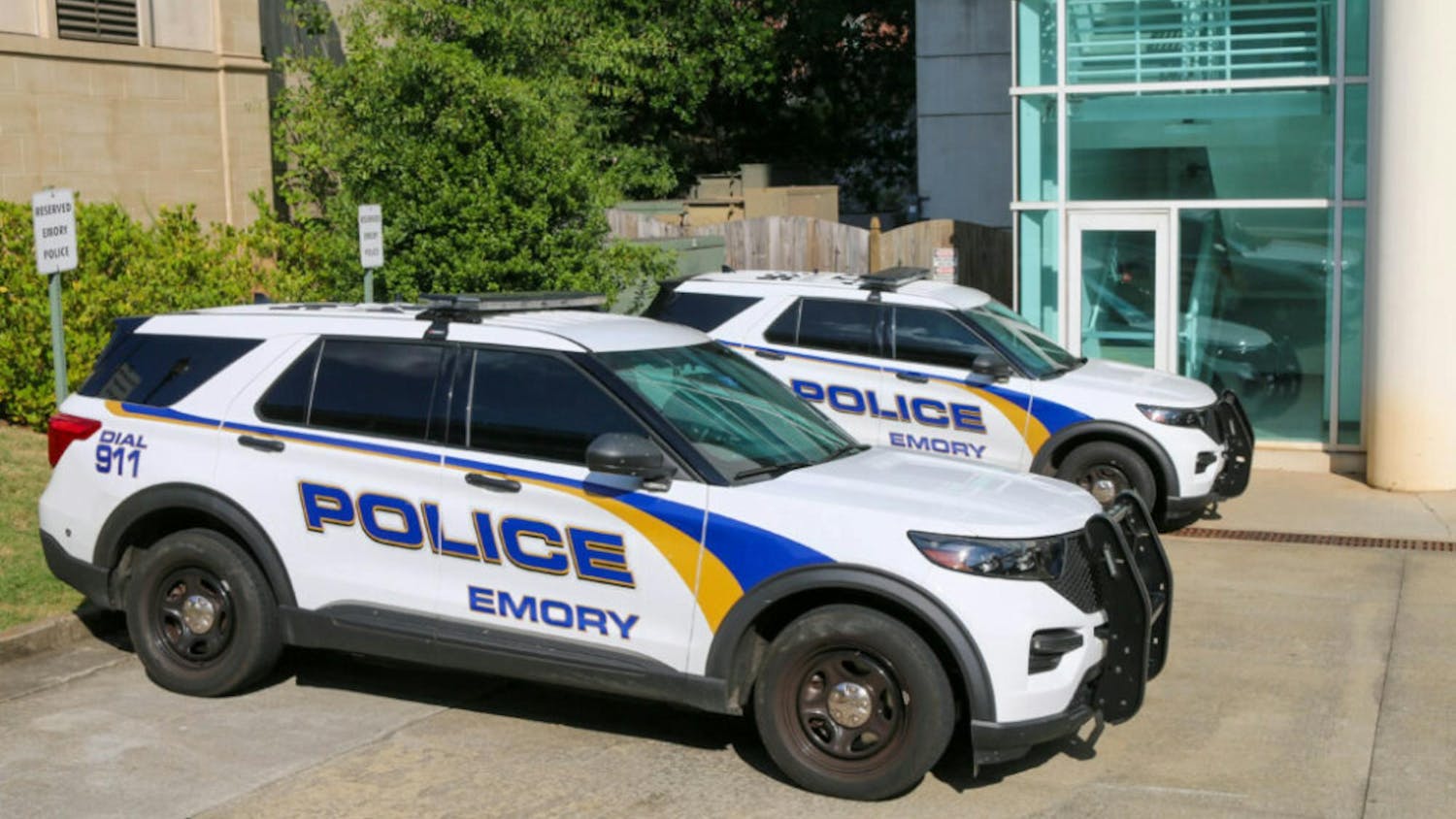After four fruitful years at the Emory Wheel, Madison Bober’s (20C) time as editor-in-chief (EIC) came to an end. Last semester, she graduated Phi Beta Kappa, majoring in political science and minoring in women’s, gender and sexuality studies.
Bober took over the position last March, only a week before the spread of COVID-19 forced Emory to cancel in-person classes and send students home. She decided to cease print for the remainder of the semester and oversaw the Wheel’s shift to a digital-first organization, creating a podcast and revamping the website.

Despite a virtual 2020 graduation, Bober created the Wheel’s largest graduation magazine for the Class of 2020, totaling 160 pages.
While at Emory, Bober won second place at the Georgia College Press Association Better Newspaper Contest for "Best News Article-Investigative Reporting” and interned with NBC Nightly News. Since January, Bober has been interning at the Hamilton Project, an economic policy wing of the Brookings Institution.
This transcript has been edited for clarity and length.
Lauren Blaustein, the Emory Wheel: Why did you choose to join the Wheel and ultimately run for EIC?
Madison Bober: I've been on the Wheel for four years, I joined the first day of my freshman year. I was the annoying freshman, who before they even came to campus had emailed editors ... asking how to get involved. And so it was just something I knew I always wanted to do. But I didn't plan on becoming the editor-in-chief until about a month before the election.
TEW: What is the most valuable thing the Wheel has given you?
MB: It sounds cliche, but I truly believe that it’s given me lifelong friends. I never would have expected it. And I actually wasn't even so close with a lot of the editors before I became editor-in-chief. But I have a solid group of people that I know I'll never lose touch with. And to me, that is the best thing that [the Wheel has] ever given me.
TEW: How has COVID-19 shaped your EIC experience?
MB: COVID-19 was a double-edged sword. Being able to cultivate … a team that is motivated and wants to stay because of the camaraderie — not being able to create that for my staff was quite excruciating at times. But I think that COVID allowed us to pursue stories we would have never pursued before and tell them through new mediums. So, for example, we were able to cover the Sundance Film Festival, the NBA All-Star game, we started a podcast. All of that might not have happened without the coronavirus. So it was bittersweet, I think.
TEW: What is your favorite Wheel article?
MB: Any article from Brammhi’s Ballot. Or Saru Garg, the Arts & Entertainment editor, any single story of hers is hands down breathtaking. They both produce the best pieces the Wheel has ever published. Saru's review of "Nomadland" has always stuck with me. Her exploration of the human experience was apt and beautiful. For Brammhi, I really loved her piece on professionalism and white supremacy. Her column was just poignant and very compelling. They're among my favorite writers at the Wheel.
TEW: Let’s get personal. Coffee or tea?
MB: Coffee. With oat milk.
TEW: Favorite song?
MB: “Wild Horses” by the Rolling Stones.
TEW: Favorite professor or class?
MB: I took Holocaust Memoirs with [Dorot Professor of Modern Jewish History and Holocaust Studies] Deborah Lipstadt for my freshman seminar and I would recommend anyone take one of her classes.
TEW: What will you take from the experience as EIC?
MB: I guess I would say that being editor-in-chief has illuminated for me that journalism is not a duality. A lot of times when I was editor-in-chief, you know, we would get blowback on some articles that we thought were really well-reported, really well-written. What I took from this experience is the importance of having a strong, justifiable ethics code that isn’t necessarily defined by some code book that was written 10 years ago.








